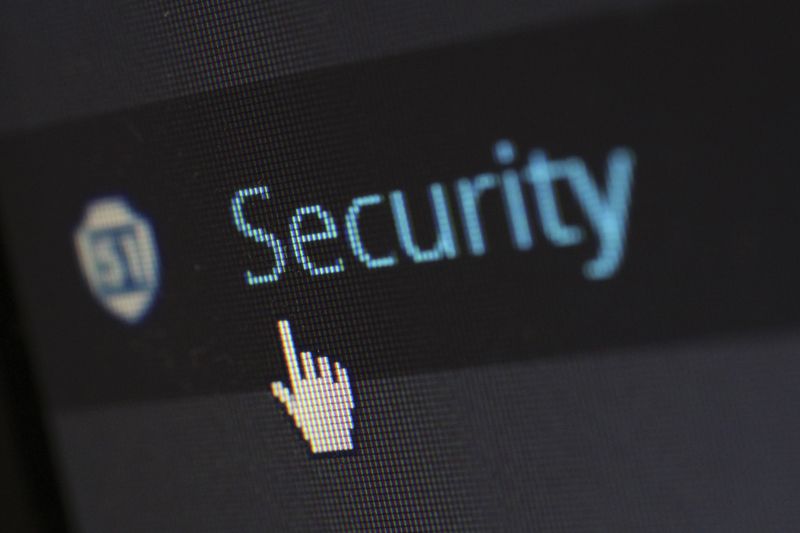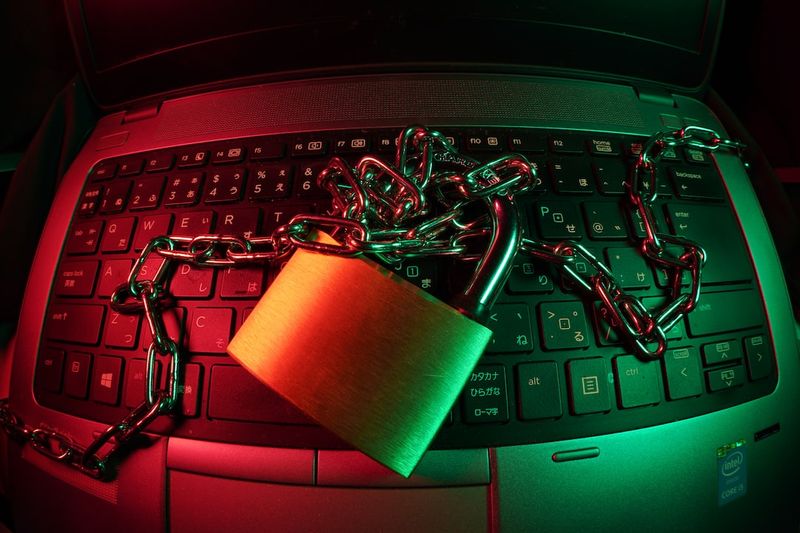Cybercrime: North Korean Hackers Blamed for $35 Million Atomic Wallet Crypto Theft
Atomic Wallet, a decentralized cryptocurrency wallet service with roughly five million users, has recently disclosed that the North Korean advanced persistent threat (APT) actor, known as Lazarus Group, might be responsible for stealing cryptocurrency from the company. The crypto wallet service shared little information on the stolen amounts, but cryptocurrency security researchers tracked at least $35 million worth of funds drained from the compromised accounts. The heist orchestrated by the Lazarus Group ended up matching previous crypto heists attributed to this North Korean state-sponsored hacking group. Atomic is urging victims to contact major exchanges and blockchain analytics firms to trace and block the fraudulent transactions and is still investigating how hackers gained access to user accounts.
The North Korean Lazarus Group
The Lazarus Group is well-known for orchestrating several high-profile cryptocurrency thefts in recent years, stealing more than $1 billion worth of crypto assets over the past two years alone. Researchers suggest that the stolen crypto assets might have been stored in wallets that hold the proceeds of past Lazarus attacks. The group is believed to have targeted energy firms with three RATs and chemical sectors with malware attacks, among others. This crypto heist case follows the North Korean Lazarus group being blamed for the $100 million Horizon Bridge heist and the Ronin heist where $600 million were stolen last year.
Security experts assert the importance of keeping private keys secure.
The cyber-theft of $35 million in cryptocurrency from Atomic Wallet highlights the importance of keeping private keys safe and secure. If the users’ private keys had been exposed prior to the incident, it allowed hackers to transfer cryptocurrency to other accounts and laundering services without being detected. This attack sends a strong warning to cryptocurrency traders to be cautious about storing their cryptocurrency assets in hot wallets or on exchanges, where the risk of theft is higher. Instead, cold wallets should be used to store the majority of cryptocurrency assets, and backups of private keys should be kept secure.
Advice from cybersecurity professionals
Blockchain analytics firms are paying particular attention to the Dark Web’s activity, where the stolen cryptocurrencies might be laundered. Keeping personal information secure and being mindful of phishing attempts is always a good practice, as well as enabling two-factor authentication as an additional protective measure. Lastly, users should be careful when downloading wallet software or trading applications, and experts advise that using fewer products and vendors for better security is an effective strategy that is becoming increasingly popular.
Editorial: The Need for Strong International Cybersecurity Standards
This crypto-heist could have been prevented with strong international cybersecurity standards and protocols. International cooperation is necessary to ensure that countries that support these hacking groups are held accountable. Currently, there remain approximately ten countries worldwide with state-sponsored hacking groups. These countries have been accused of initially carrying out the attacks themselves and then laundering the stolen funds in other parts of the world. It’s essential to enforce international standards to hold these countries accountable for the actions of their hacking groups to minimize the occurrence of cyber-crimes.
Conclusion
The suspected involvement of Lazarus in the $35 million crypto theft from Atomic Wallet is concerning and highlights the significant risk of storing cryptocurrency assets in hot wallets or on exchanges. Users must remain vigilant and be mindful of the risks that come with trading cryptocurrencies. Experts recommend using cold wallets to store cryptocurrency assets, keeping backups of private keys secure, and reducing the number of vendors and products for better security. Cryptocurrency investors and traders must appreciate how important it is to take precautions to protect their assets from highly-skilled and well-funded hacking groups.

<< photo by Pixabay >>
You might want to read !
- The “Impulse Project” Crypto Scam: A New Level of Sophistication and Sprawl
- Eisai Hit by Ransomware Attack, Suspends Systems Access.
- Simplifying Vendor Portfolio Can Enhance Cybersecurity
- Inside North Korea’s Social Engineering Techniques: Insights from US and South Korea
- The Elusive Kim in the North: Unraveling the Kimsuky Group’s Cyber Warfare Tactics.
- Why the ScarCruft North Korean hacking group poses a serious threat
- Honda’s eCommerce Platform Suffers Data Breach, Exposing Customer and Dealer Information
- “Cyber Security Alert: Clop Ransomware Group’s Long-Term Exploitation of MOVEit Transfer Vulnerability”
- The Growing Threat of Crypto Theft: New Malware Campaign Uses Satacom Downloader




